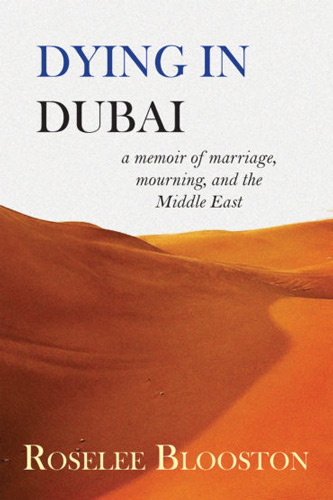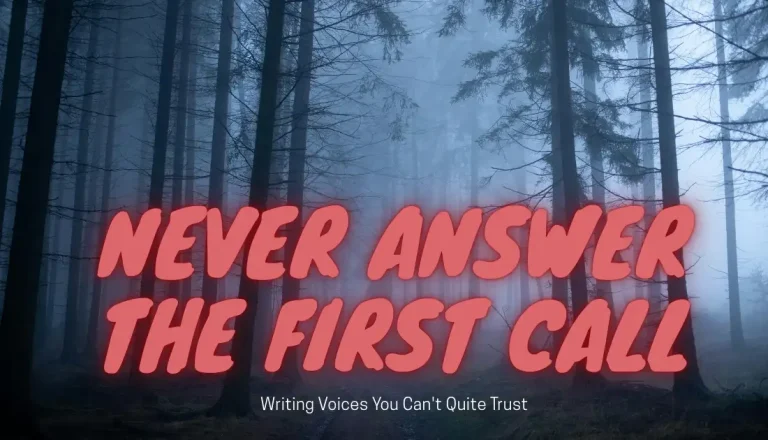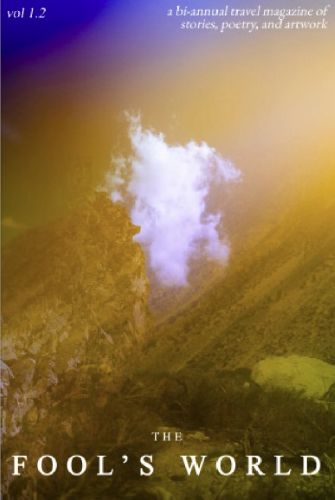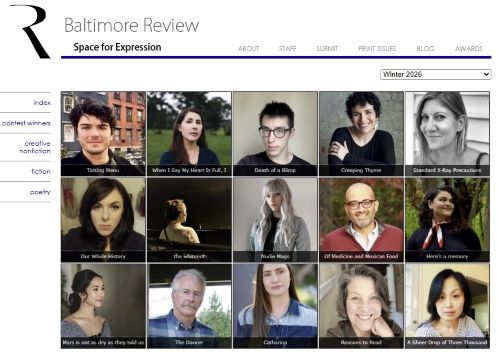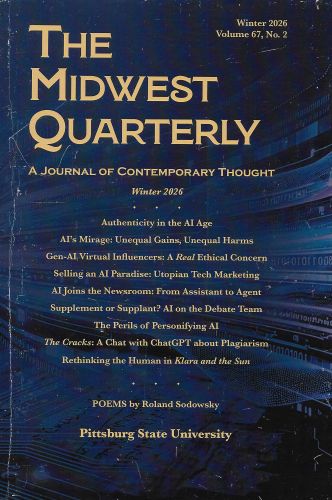When Roselee Blooston’s husband Jerry Mosier started working as a media consultant in Dubai, she worried he might come to harm. But she never expected her 53-year-old husband to be brought down not by a threat from without, but by an aneurism in his brain.
When Roselee Blooston’s husband Jerry Mosier started working as a media consultant in Dubai, she worried he might come to harm. But she never expected her 53-year-old husband to be brought down not by a threat from without, but by an aneurism in his brain.
Jerry was an award-winning documentary film maker and had been working in Dubai for three years. Roselee, at home in the States with their son Ollie, had also won awards, hers for fiction, plays, and essays. She is also been an actress, a director, and taught in several university programs.
Part One of Dying in Dubai: A Memoir of Marriage, Mourning, and the Middle East begins as a retrospective diary recounting the 15 days she and Ollie spent in Dubai, first hoping that Jerry would somehow recover and then dealing with the aftermath of his death.
Arriving at Rashid General Hospital in January 2008, Roselee writes:
There he was, behind a curtain, ventilator tube in his mouth, with more tubes running all around his body. [ . . . ] The one person in the world who defined life for me.
This was not her first trip to Dubai to visit Jerry. But each time she arrived, “I didn’t want anyone to know I was Jewish, or that Ollie was, either. [ . . . ] I had an immediate visceral reaction to setting foot in a land that was technically at odds with Israel.”
In this unfamiliar setting, Roselee experienced the good and the bad. Since Jerry had become a legal resident of Dubai, she owed no money for his extensive hospital treatments. But she was repeatedly in situations where men and women were segregated, or when the people in charge would only talk with Jerry’s brothers who arrived to offer support.
I found the most interesting parts of the book to be Roselee’s dealings with the bureaucracy in Dubai. Among the surprises was the reaction at Jerry’s bank when she went to have his money released and was told, “[ . . . ] I could have it in a cashier’s check, by electronic transfer, or in gold bars. Gold bars? Was he serious?”
Another time, Roselee was told, “Every American living here is suspect.” She writes that “Jerry had said the same thing when he first started working in Dubai. ‘We’re all assumed to be spies.’” Though she became aware they were being watched, “The staggeringly beautiful surroundings demanded appreciation on their own strictly surface terms,” she writes. “To enjoy them, I had to ignore the constant surveillance underneath.”
Then there’s the business of Raine, the woman who was Jerry’s assistant on perhaps more than a professional level.
But in her presence, hearing her talk about her sisterly relationship with my husband, I chose to believe her [ . . . ] But even if it wasn’t true, what did it matter? [ . . . ] I had no energy for jealousy.
Part Two of the book has Roselee back in New York, where relief “transformed instantly into gnawing anxiety.” She adds, “Without Jerry’s personal tour, the city where we met and married became, overnight, another foreign land.” She says this about the funeral: “The cumulative pressure of each person’s pity and the casket in all its solidity bore down upon me, compounding a grief I had barely begun to grasp.” And, granted, expressing condolences can be awkward, but one woman actually asked afterward, “Are you going to get married again?” “What was wrong with this person?” writes Rosalee, “I left her in front of the salmon platter.”
Contact with her insurance company brought a new set of challenges. She was told it was standard procedure that a death in the Middle East required them to be sure Jerry hadn’t faked his death. After completing more than 20 documents plus a questionnaire to substantiate the claim, she was finally paid two weeks later.
Toward the end of the book, Roselee remembers something Jerry’s Emirati friend Wali told her before she left the Middle East:
The death of a loved one is something so huge, at first as big as the universe [ . . . ] Gradually it becomes smaller, only as big as the world, then an ocean, then a tree, and then as big as a large person who stands next to us all the time. Finally, it merges with us, and we carry it inside ourselves, wherever we go [ . . . ] a part of who we are and will always be.
Dying in Dubai: A Memoir of Marriage, Mourning, and the Middle East tells of Roselee Blooston’s passage through love, loss, and grief compounded by the complexities of being in a foreign country. An unusual story, it is also a remarkable testament to her strength and courage.

